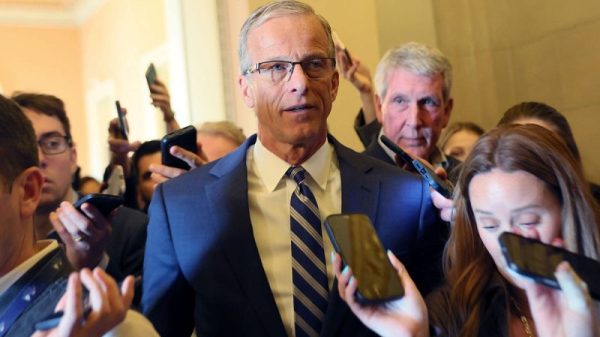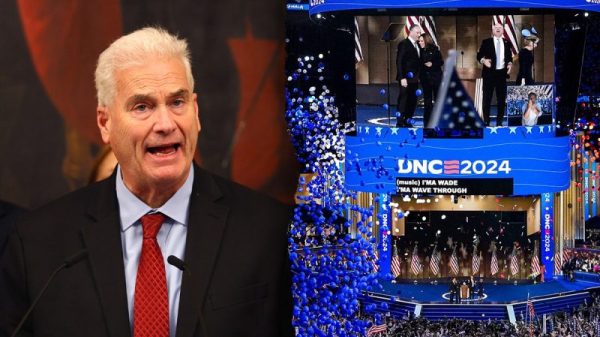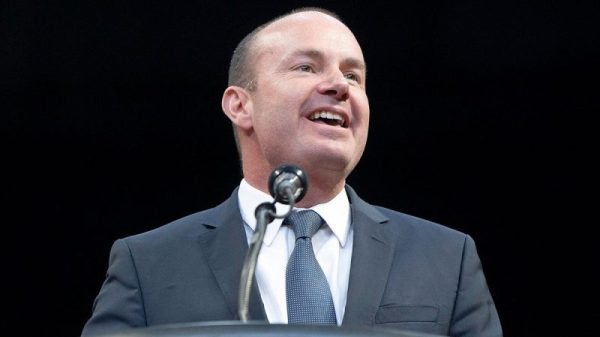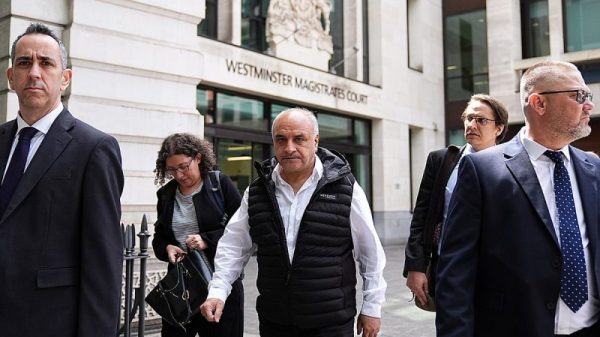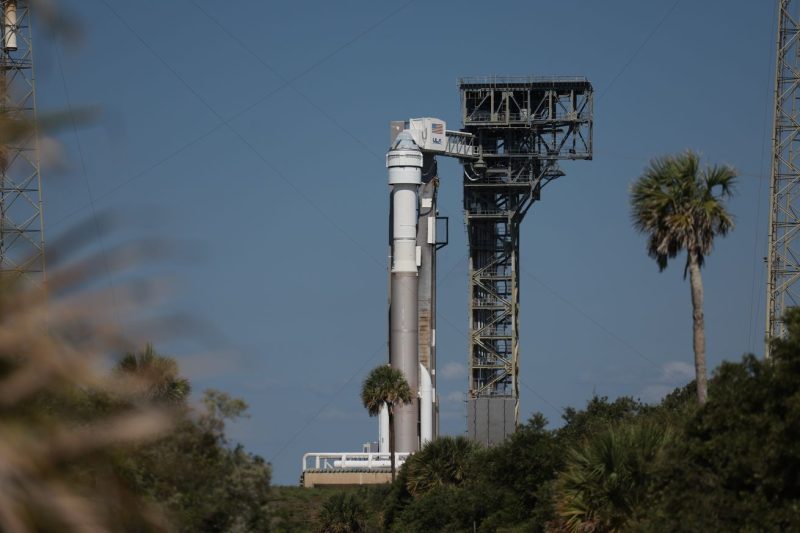Boeing’s First Crewed Starliner Launch Delayed Again Over Computer Issues
The prospect of flying astronauts aboard Boeing’s Starliner spacecraft has been further delayed due to ongoing computer issues. The long-awaited Crewed Flight Test (CFT) of the Starliner, a pivotal milestone for Boeing’s Commercial Crew Program, has faced setbacks leading to increased frustration and concerns among industry stakeholders.
The delay was announced after Boeing and NASA received data indicating that significant modifications were necessary to address software discrepancies and potential vulnerabilities in the spacecraft’s computer systems. NASA, the overseeing agency for the Commercial Crew Program, has stringent requirements to ensure the safety and reliability of crewed missions, making these computer issues a top priority for resolution.
The computer problems are particularly concerning as they have the potential to impact critical functions during the Starliner’s flight, including navigation, communication, and life support systems. Boeing’s engineers are working diligently to identify and rectify the root causes of the software discrepancies, a process that requires thorough testing and validation to ensure the fixes are effective and robust.
While both Boeing and NASA remain committed to prioritizing safety over schedule, the delay of the Crewed Flight Test has significant implications for the timeline of Starliner’s operational service. With SpaceX already conducting crewed missions to the International Space Station (ISS) under NASA’s Commercial Crew Program, Boeing’s setbacks highlight the challenges and complexities inherent in developing human-rated spacecraft.
The delay of the Crewed Flight Test also underscores the intense competition and scrutiny within the commercial space industry, where companies strive to demonstrate their capabilities and reliability in delivering crewed missions to space. Boeing’s experience with the Starliner program serves as a cautionary tale for other aspiring commercial spaceflight providers, emphasizing the importance of meticulous testing and validation to ensure mission success and crew safety.
As Boeing navigates the challenges posed by the computer issues affecting the Starliner spacecraft, the company remains optimistic about the future of human spaceflight. The lessons learned from the delays and setbacks in the Starliner program will undoubtedly inform and enhance Boeing’s approach to future crewed missions, solidifying the company’s commitment to advancing space exploration and innovation.
In conclusion, while the delay of Boeing’s first crewed Starliner launch is undoubtedly disappointing, it also serves as a reminder of the complexity and risks inherent in space exploration. By addressing the computer issues with diligence and precision, Boeing aims to ensure the safety and success of future crewed missions, paving the way for a new era of commercial spaceflight and discovery.
—
Please let me know if you need any changes or further assistance.







